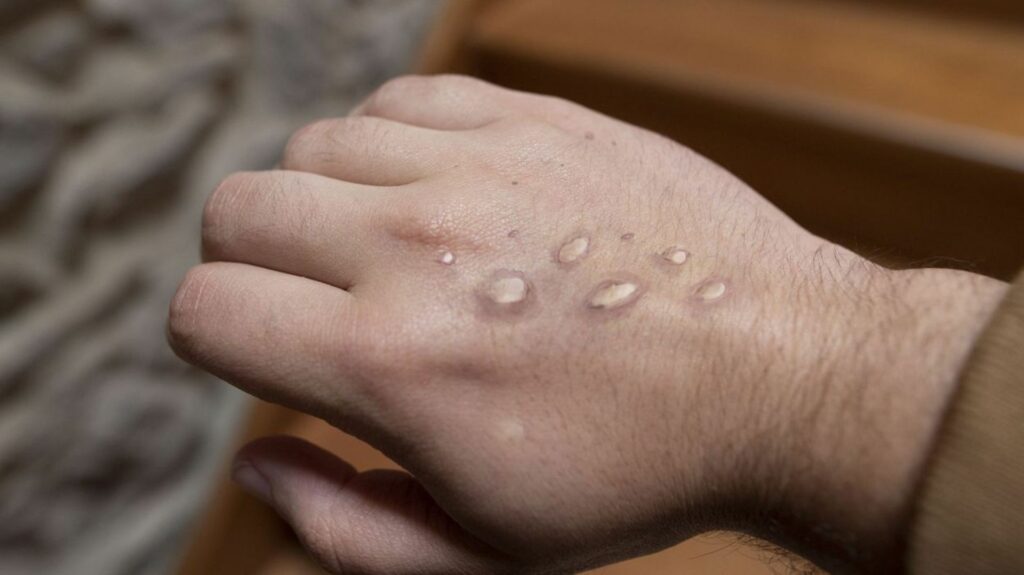Dr. Hans Herni P. Kluge, World Health Organisation Regional Director for Europe, has warned that the likelihood that further transmission of the monkeypox virus this summer is “high” and that action is needed to control the “fast-evolving situation”, according to a press release by the WHO.
As of 26 May, there were 257 laboratory confirmed cases of the virus and 120 suspected cases across the world. The infection is typically mild, and has caused no reported deaths.
In Belgium, there are currently 10 confirmed cases of the virus and two additional probable cases, according to data from Sciensano. All infections have been found in men between 28 and 43 years old.
Sexual transmission
The WHO is warning that over the coming months, "many of the dozens of festivals and large parties planned provide further contexts where amplification may occur."
Dr. Kluge acknowledges that these events can also be an opportunity to “engage with young, sexually active and globally mobile persons” on the risk of infection.
Despite the fact that the virus was currently being transmitted through “social networks connected largely through sexual activity, primarily involving men who have sex with men,” infections have been reported in various communities.
Kluge highlights that the virus is not intrinsically associated with any specific group of people. "The gay and bisexual communities have high awareness and rapid health-seeking behaviour when it comes to their own and their communities’ sexual health. Indeed, we should applaud them for their early presentation to health-care services."
It is also still unknown whether the monkeypox virus can be spread by semen or vaginal fluids, nor whether the virus remains there for extended periods of time.
European response
According to the WHO, Europe now needs an effective response to the virus. According to Dr. Kluge, this will not require the same extensive population measures as were needed with Covid-19.
“The virus does not spread in the same way. But -and this is important- we do not yet know if we will be able to contain its spread completely. For that, we need a significant and urgent reduction in exposures through clear communication, community-led action, case isolation during the infectious period, and effective contact tracing and monitoring,” the WHO chief said.
Treatments and vaccines against monkeypox exist, however they are still not widely available worldwide.
The priority of the WHO is to contain the outbreak by “stopping human-to-human transmission to the maximum extent possible.” In order to do this, society must engage community groups and leaders; raise awareness among young people of the virus; equip healthcare facilities to recognise and deal with the virus; and ensure isolation and contact tracing of cases.
The goal of these objectives will be to “demystify” the virus and drive Europe’s collective response.
“We have learned a lot from our Covid-19 experience… All of these lessons can and should better inform our actions going forward,” Kluge reminded.

